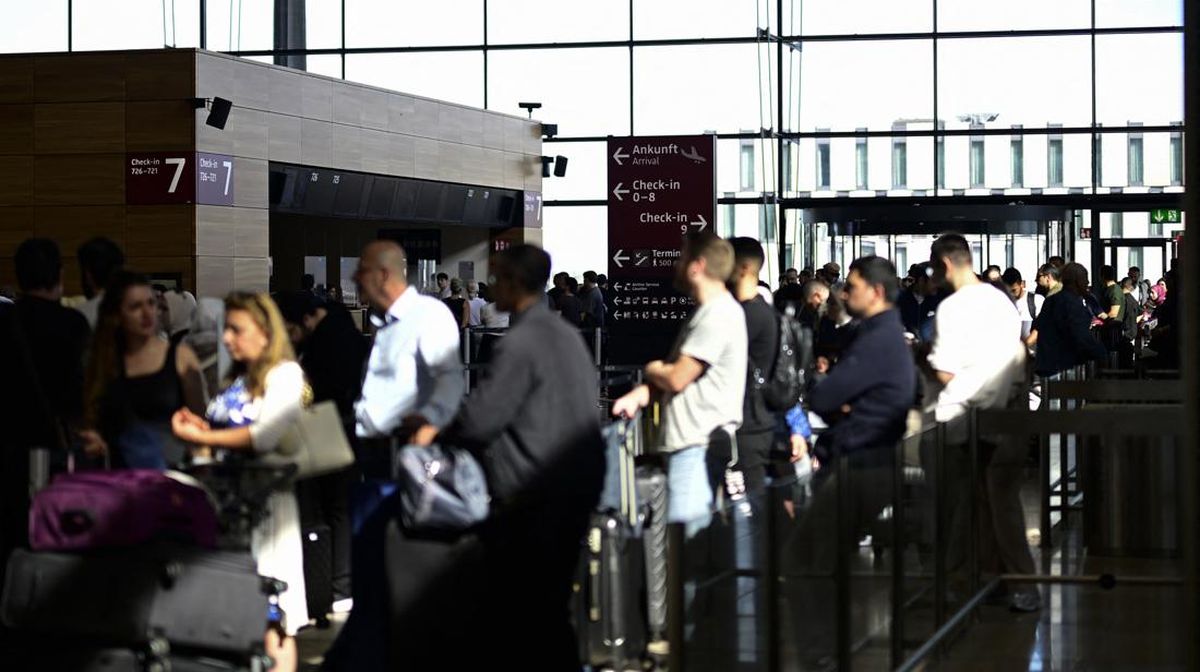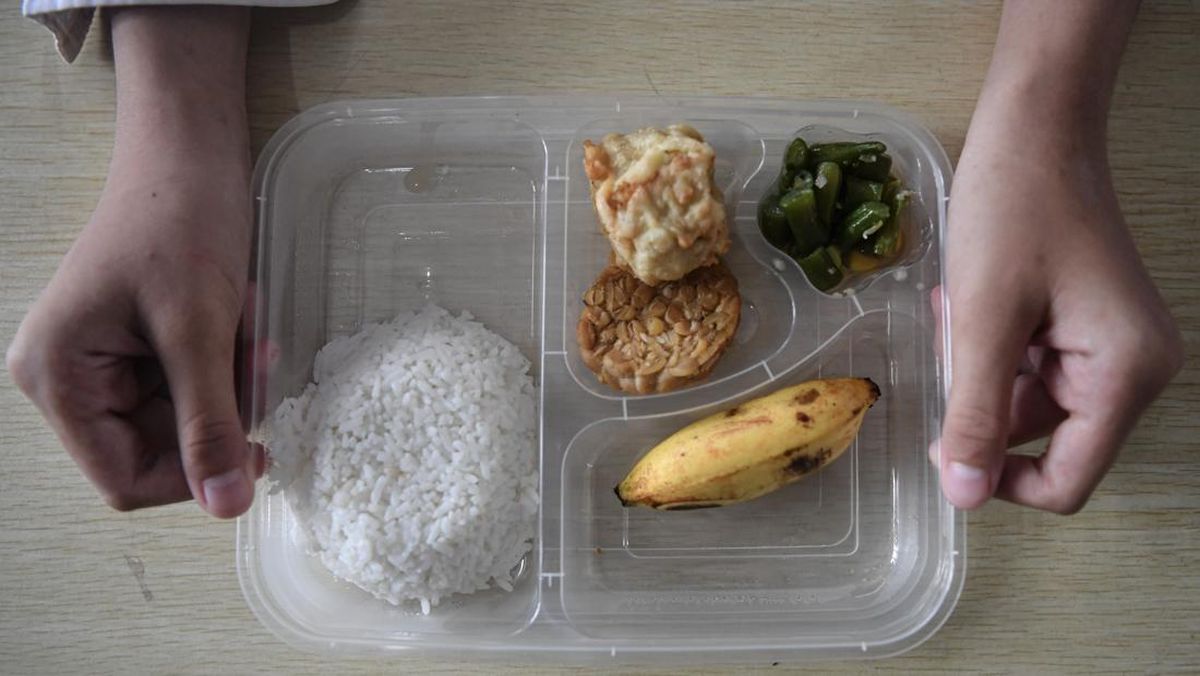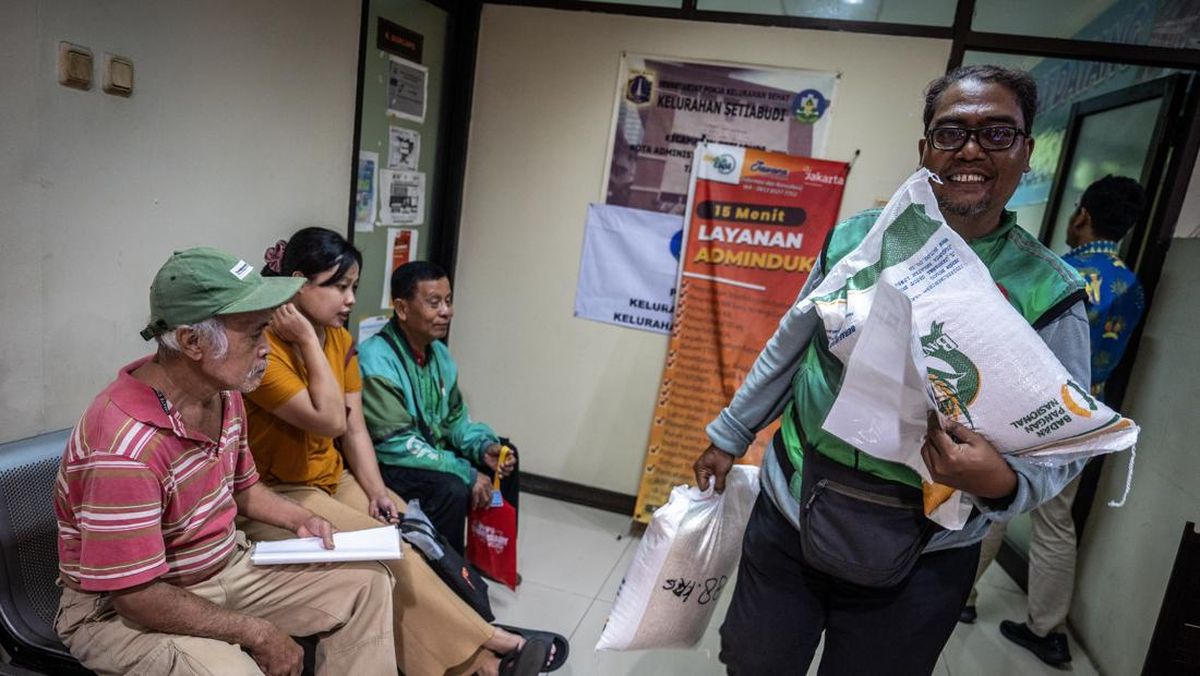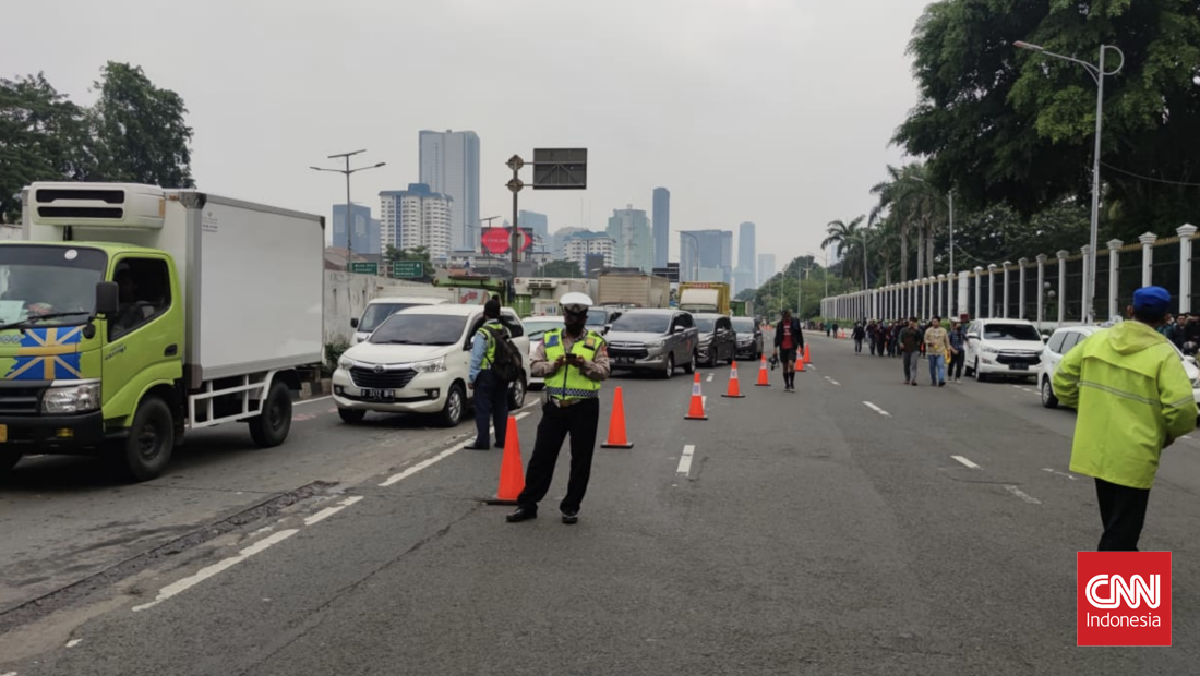Camp Mystic plans to partially reopen after deadly flooding
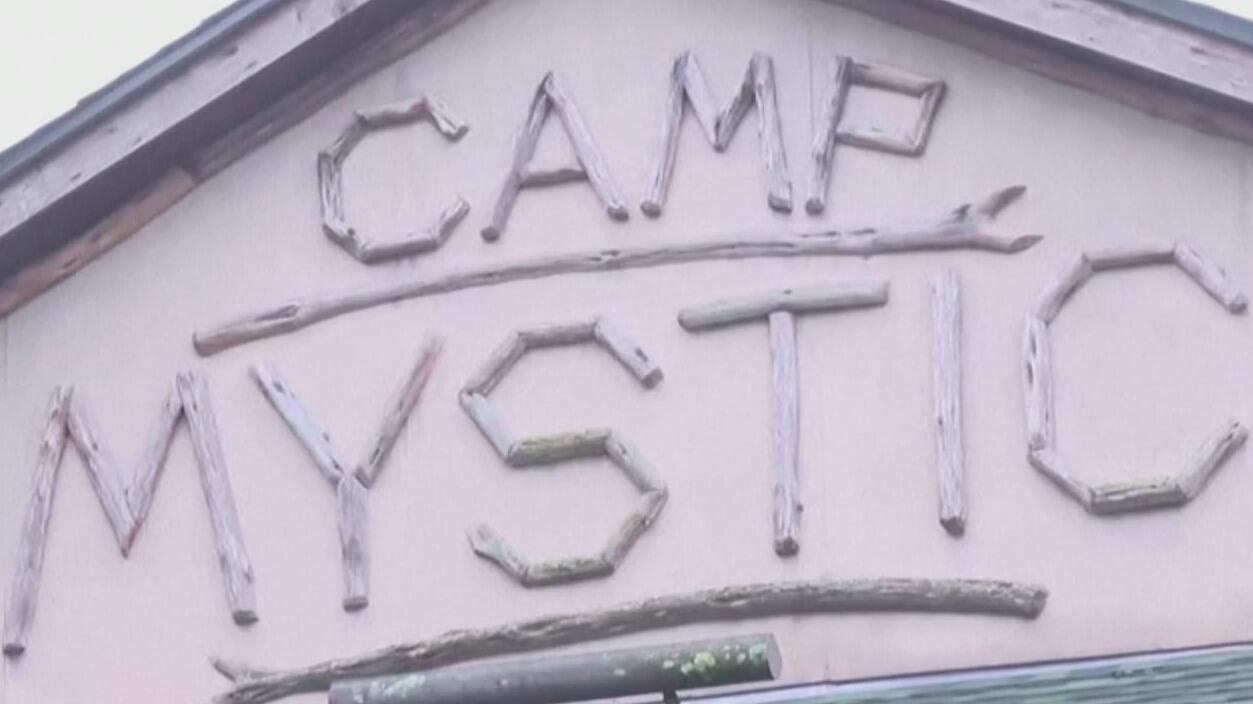
Less than three months after the devastating and deadly flooding in the Texas Hill Country, Camp Mystic plans to reopen part of its camp.
The camp's owners announced plans to reopen the Cypress Lake location, which is separate from the part of the camp that flooded in July, killing 27 girls and counselors.
In an email sent Monday to the families of the victims and obtained by the Associated Press, the camp said when it reopens, its planning and procedures will follow the "requirements of the camp safety legislation you bravely championed." About an hour later, the camp sent an email to the rest of the families announcing the decision.
The email states, "We are not only rebuilding the cabins and trails, but also a place where laughter, friendship and spiritual growth will continue to flourish."
The camp also announced that it will build a memorial to the girls who died in the flooding.
"In the memorial's design, we will strive to capture the beauty, kindness and grace they all shared, while focusing on the joy they carried and will always inspire in us all," the email said.
The announcement means that Camp Mystic Cypress Lake, a sister site that opened to campers in 2020, will reopen next summer. But the 99-year-old Camp Mystic Guadalupe was too damaged to open next summer, according to the camp.
The email said leaders are "working with engineers and other experts to determine how we will implement the changes required" under the newly passed bills.
The campers and counselors were swept to their deaths when fast-rising floodwaters of the Guadalupe River roared through the girls' summer camp in a low-lying area known as flash flood alley. All told, the destructive flooding in Texas on the Fourth of July killed at least 136 people and washed away homes and vehicles.
Camp Mystic parents successfully pushed for Texas to pass bills aimed at preventing similar tragedies. The measures aim to improve the safety of children's camps by prohibiting cabins in dangerous parts of flood zones and requiring camp operators to develop detailed emergency plans, to train workers and to install and maintain emergency warning systems. One allocates $240 million from the state's rainy day fund for disaster relief, along with money for warning sirens and improved weather forecasting.
"It will hurt my family forever that, for reasons I still do not know, these protections were not in place nor thought out thoroughly for my daughter and the rest of the girls here," he said. "Please pass this bill, protect our kids and do not let their deaths be in vain."



